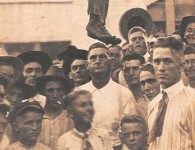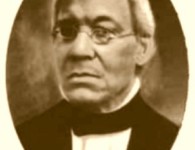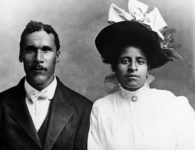Photo credits: Kamil Krzaczynski/AFP via Getty Images
According to CBS News, Evanston, Illinois, has chosen its first 16 citizens to receive $25,000 in reparations as recompense in an effort to redress its history of racial discrimination.
The change occurs as other states and local governments start to decide whether to investigate the prospect of compensation for discrimination and chattel slavery. In Evanston, which is located roughly 30 minutes north of Chicago, money can only be used for housing-related expenses, such as down payments for homes, mortgage help, or house maintenance.
The first-in-the-nation initiative was authorized by the Evanston City Council in March 2021 with an 8-1 vote. They intended to raise around $10 million in tax income and community donations to cover the payments.
The Local Reparations Restorative Housing Program was authorized for 122 applicants who met the requirements as “ancestors” by Evanston’s Reparations Committee in January. Through a lottery drawing, committee members chose the first 16 candidates. Residents must have had a Black ancestor who lived in Evanston between 1919 and 1969 in order to qualify.
Blacks, according to the program’s proponents, have suffered from systemic discrimination that has hurt them in a variety of ways, including housing, education, and financial security. The legacy still brings about undeserved suffering.
The campaign for state-level reparations is now being led by California. Gov. Gavin Newsom signed legislation in 2020 creating a task group on reparations with a two-year mandate to research the institution of slavery, assess its negative effects, and inform the public of its conclusions.
The task team debated the complex topic of Black inhabitants of the state’s eligibility for reparations in March. The members decided on a 5-4 decision to restrict reparations for slavery to the lineal descendants of Black people who were in the country throughout the 19th century both free and enslaved.
A paper arguing for a formal state government repentance and reparations for African Americans was published by the task team three months later. The paper describes the discriminatory laws and practices that enslaved people’s ancestors endured and are still having an effect on them now.





















No comments